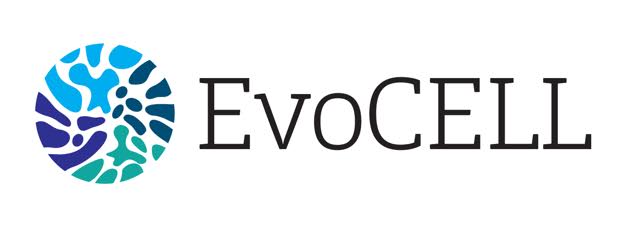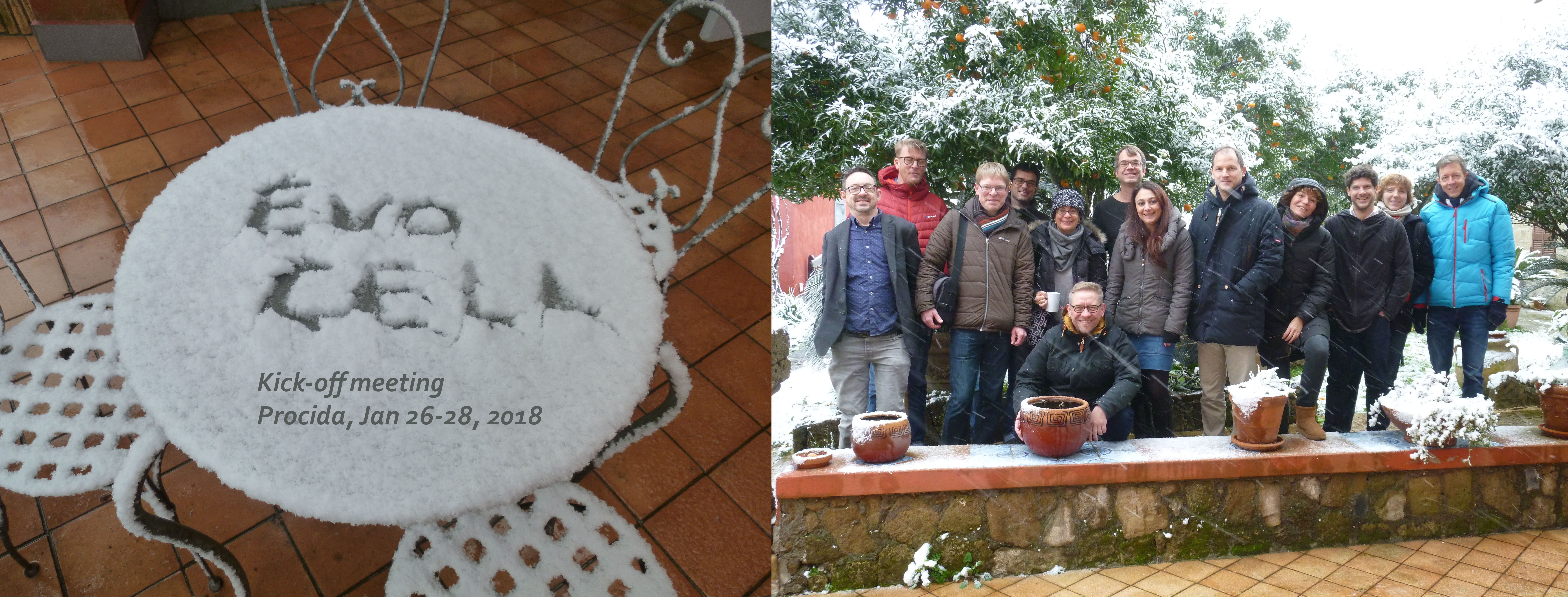
Animal evolution from a cell type perspective: multidisciplinary training in single-cell genomics, evo-devo and in science outreach
Summary
The aim of EvoCELL is to lay the foundation for a new branch of evo-devo focussing on cell types. We will study fundamental questions in animal evolution and development - eg. how new cell types arise in evolution, how many are in common between different animal groups and how many unique cell types have evolved in different animal lineages- using a new technology, single cell sequencing, which we will for the first time employ outside of lab models to sample the great diversity of animal phyla. EvoCELL will train a new generation of multidisciplinary scientists skilled in exploring the vast breadth of animal differentiation. We will jointly sample data from all major animal lineages, richly represented in the biodiversity of European waters, and develop new tools for comparative analyses, through which we will together pioneer three branches of cell evo-devo: evolution of stem cells; emergence of animal life cycles, and the stunning diversity of neural cell types. Through their excellent interdisciplinary and intersectoral training, from single-cell biology and palaeontology to bioinformatics and public outreach, our graduates will be in prime positions to assume leadership roles in academia, industry, and science outreach.
What we do
We are one of ten partners and are contributing to the diversity and evolution of neuronal cell types.
Partners
European Molecular Biology Laboratory, Heidelberg - DE; Stazione Zoologica Anton Dohrn, Napoli – IT; Uppsala University, Uppsala – SE; University of Heidelberg, Heidelberg – DE; University of Exeter, Exeter - UK; University College London, London – UK; Sars International Center for Marine Molecular Biology, Bergen – NO; Centre National de la Recherche Scientifique, Villefranches sur mer, Lion - FR; Non-academic partners: Museum für Naturkunde, Berlin – DE; Genomix4Life, Salerno - IT
Research Area
Organismal Biology
Project Lifetime
January 2018 to December 2022
SZN Role
Partner
Principal Investigator
People involved
2 ESRs to be hired
Funding Institution
European Commission, Horizon 2020 Call for Proposal: H2020-MSCA-ITN-2017. Grant Agrement no. 766053.
Contribution to SZN
€344081,76 (EU contribution)
Dedicated website
Media - Pictures

Meet the team
Maria I. Arnone, primo ricercatore
Periklis Paganos, PhD student










